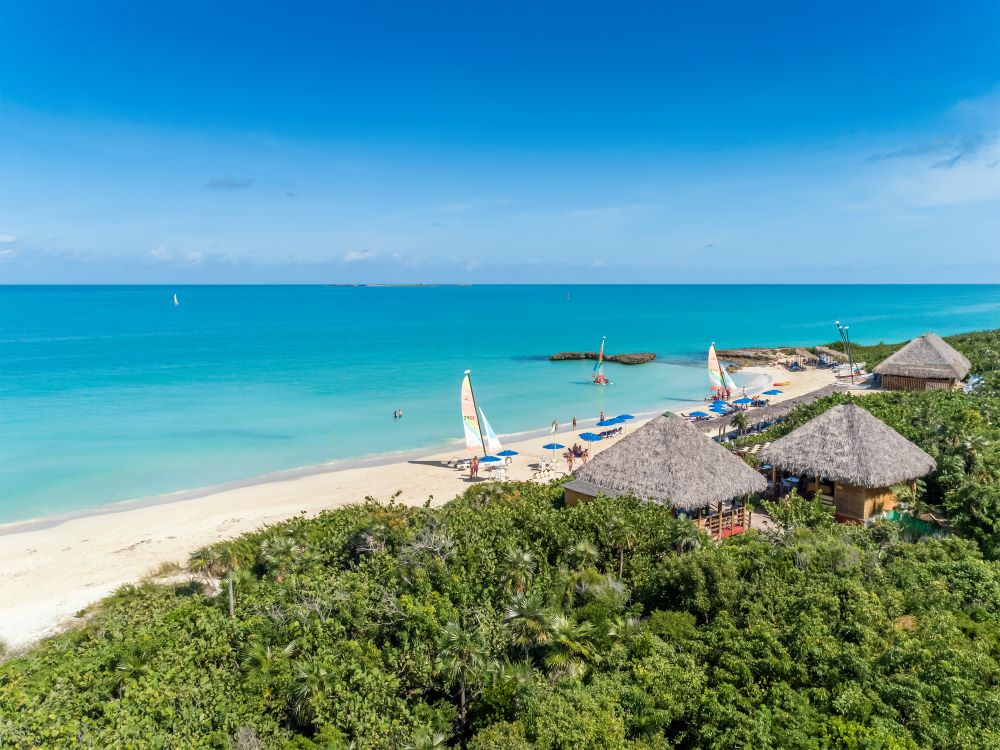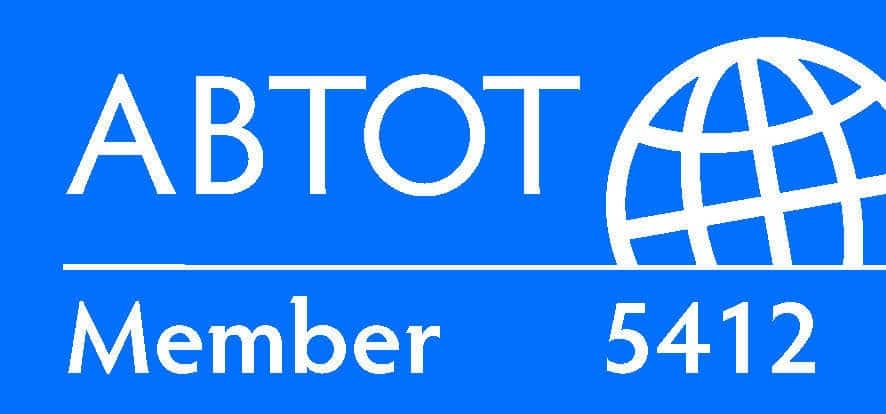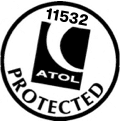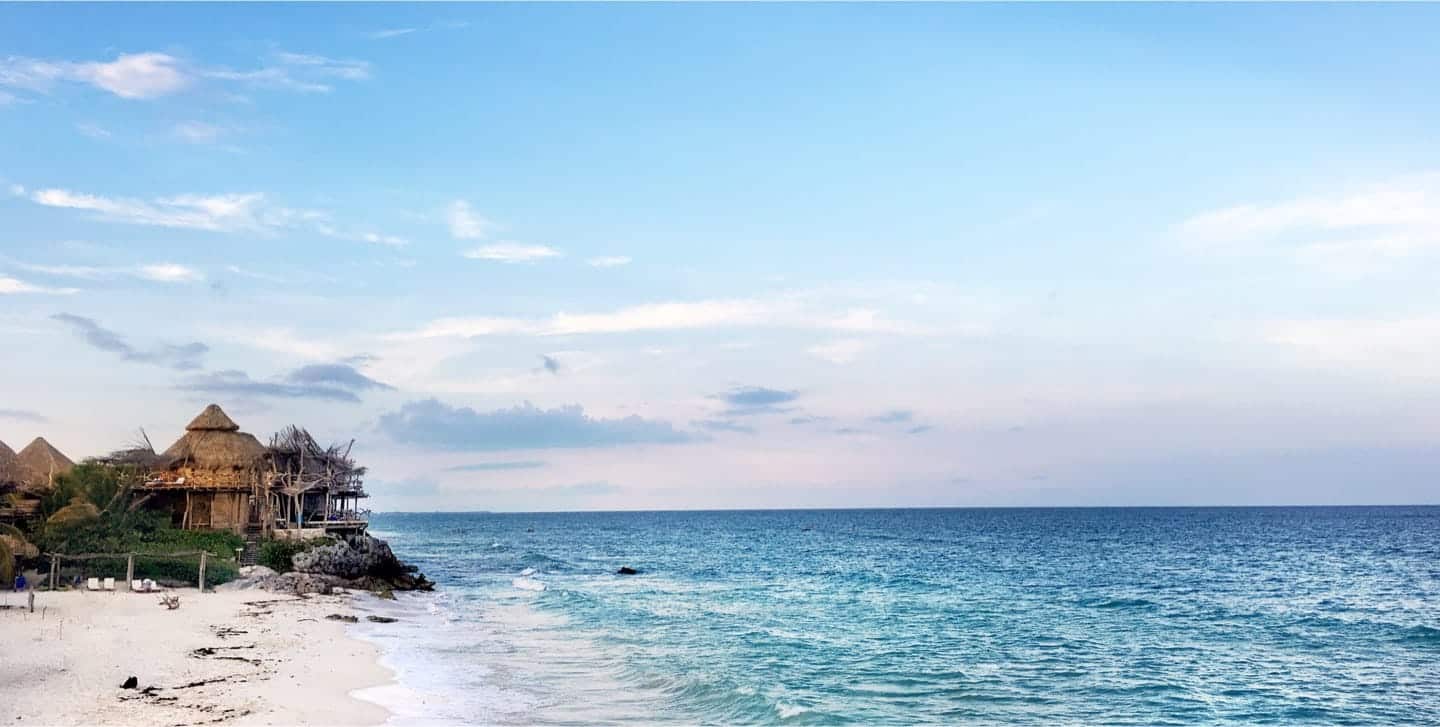A guide to the Cuba black market and our advice for anyone visiting the island on holiday.
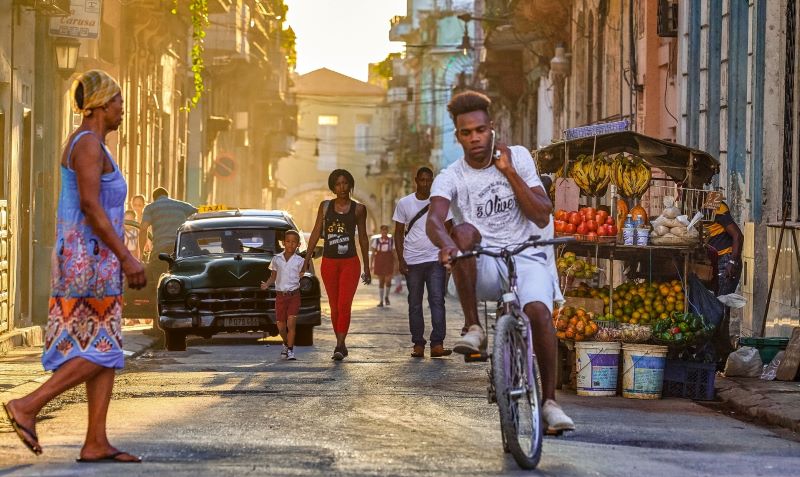
Having been involved in travel to Cuba since 1995, we’ve seen plenty of changes on the island as far as money and currency are concerned.
When we first visited the island, the US$ was the de facto currency for almost all tourist transactions such as meals out, taxis, local excursions etc.
Cubans themselves still used the local currency, the CUP, but because tourists could only use US$ to buy any service or product of use, there was no real black market.
The use of US$ ended in 2004 with the creation of a dual currency system.
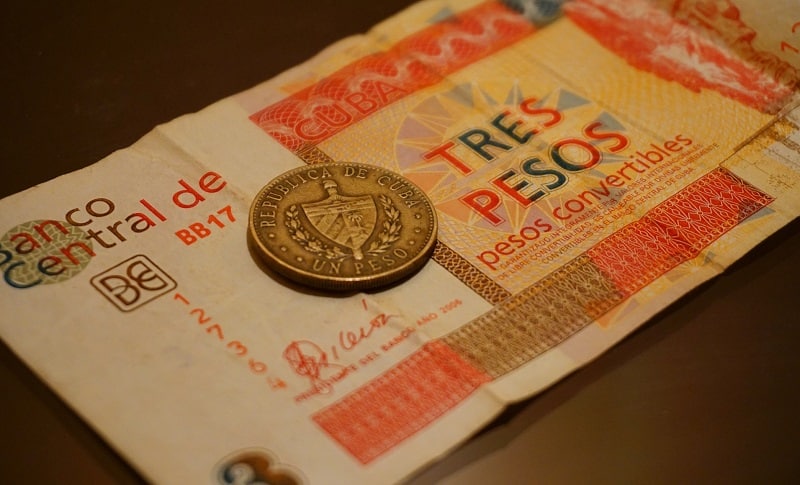
Locals continued to largely use the CUP while tourists (and locals with access to the tourist economy) were presented with a new currency, the CUC, known locally as the convertible peso.
As the CUC traded at parity with the US$, and it was largely impossible for tourists to use the CUP, this again meant that there wasn’t really any black market in Cuba, certainly not in terms of money.
So what has changed?
Well, Covid has caused huge damage to economies around the world, but especially for countries such as Cuba that are so heavily reliant on tourism to support jobs but also to bring in hard currency.
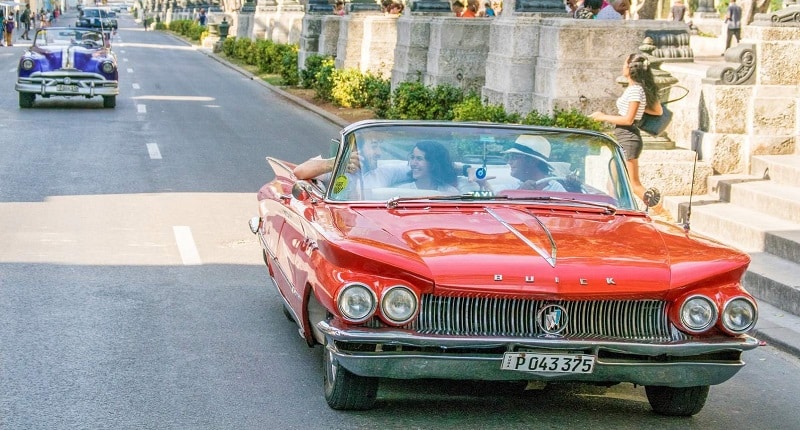
The second change, and one that took place during Covid while Cuba was largely closed to foreign visitors, was the abolition of the dual currency system.
What this means is that Cuba now has just the single currency, the CUP and, at the time of writing, the official exchange rate is around 1 euro = 25 CUP.
However, with hard currency still in short supply, the Cuba black market is very much a reality, with exchange rates on the street of up to 75 CUP to 1 euro.
So, should visitors be delving into the black market?
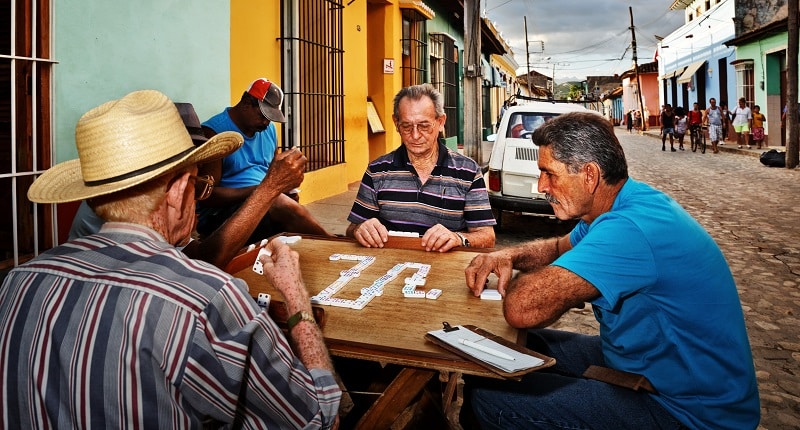
Well, ultimately that is a decision for individuals to decide but, not only is it illegal but, as with any black market around the world, there is a good chance you’ll be scammed.
So, what do we recommend?
To an extent this depends on the sort of holiday you are taking. If, like most of our clients, you are going to be spending a significant amount of time visiting Cuba’s cities, towns and countryside (and therefore frequenting bars, restaurants, shops, taxis etc), our advice is to take euros – not US$ or GB£ – and make sure these are a mixture of 5, 10 & 20 euro notes, nothing bigger.
Most private bars and restaurants, shops, taxi drivers etc will either quote in euros or take euros as payment. Note: if a bar, restaurant etc quotes prices in CUP but says that they will take euros as payment, be sure to either agree the (black market) exchange rate in advance or, better still, insist that they simply quote your meal in euros.
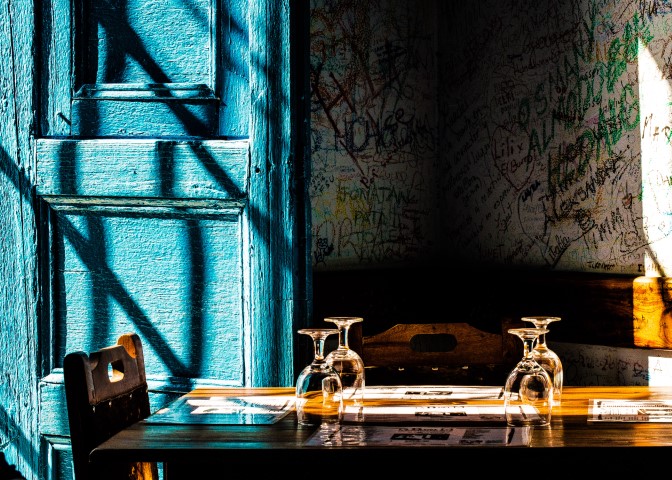
Ditto, if you are staying in a casa particular (B&B) and plan to purchase anything though them (drink, additional meals, laundry, local tour) make sure that they either quote in euros or tell you their rate of exchange upfront.
Please note that if you are staying in a hotel (which are all, ultimately, state owned and therefore have to toe the official line) or eating in a state-run restaurant, they will always apply the official exchange rate, not the more favourable, black market rate.
In the same vein, if you use your credit card while in Cuba (perhaps at your hotel or to book a local tour), the official exchange rate will apply in addition to credit card charges, ie take a credit card for emergencies but stick to cash wherever possible. That also applies to drawing cash from an ATM.
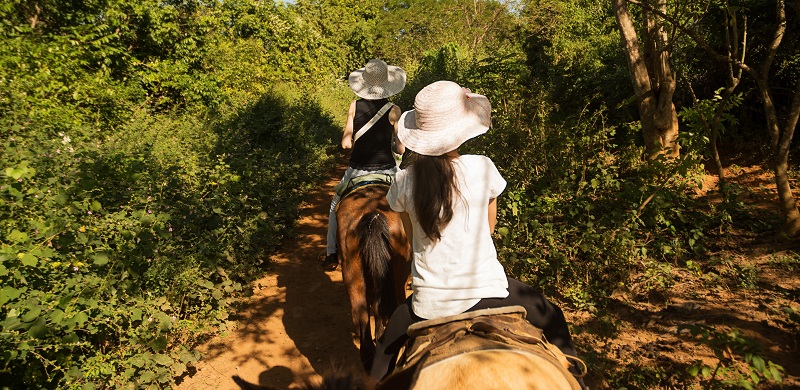
When it comes to the beach, some 99% of Cuba’s beach hotels are All Inclusive so, to an extent, the issue of wildly differing exchange rates is mute as, in theory, you needn’t spend anything for the duration of your stay.
However, if you opt to use your hotel for laundry or book a tour, then you will almost certainly be asked to pay by credit card or, if in cash, at official exchange rates.
Finally, as you will need to have at least some local currency with you as back-up (not everyone will take euros), and the CUP can’t be purchased overseas, we recommend changing over, say 50-100 euros worth when you first arrive at Havana airport.
